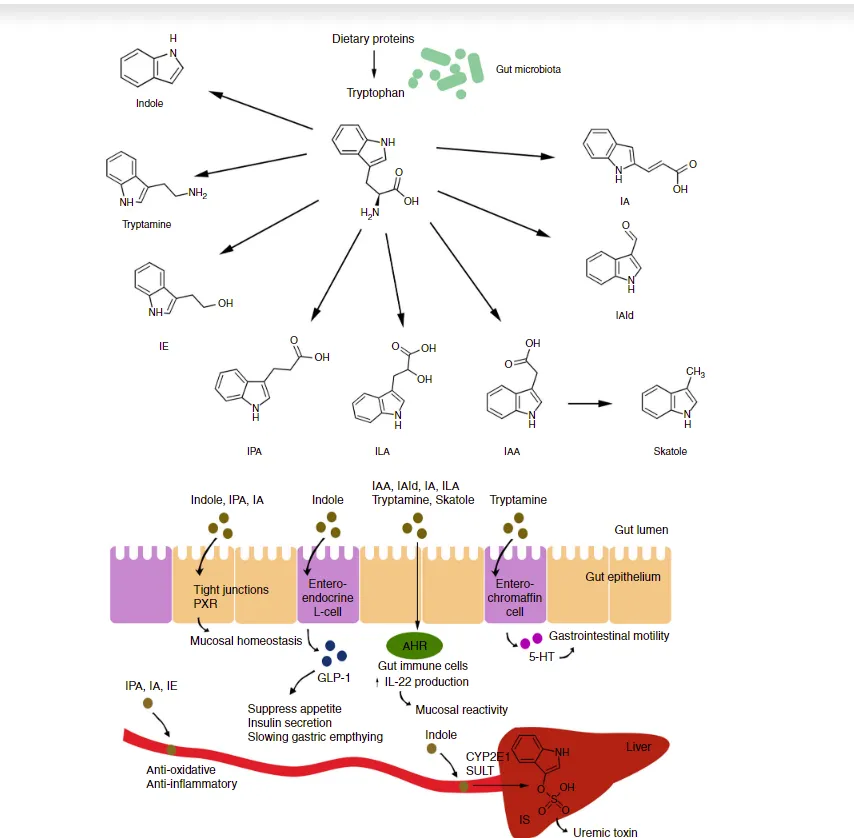Can I just get some sleep!?
- Adam Rinde, ND
- Nov 24, 2020
- 4 min read
The occasional poor nights sleep is normal and easily overcome.

This is not so for the frustrated 10% of adults who struggle with chronic insomnia.
Insomnia is defined as difficulty in falling asleep, or in staying asleep or disturbed sleep patterns resulting in insufficient sleep. It is part of a larger group of sleep disorders that are disturbances that affect the ability to fall or stay asleep, that involve sleeping too much, or that result in abnormal sleep-related behavior.
Different subsets of insomnia exist including; transient insomnia (lasts for no more then 1 week) and short-term insomnia (1 month to 3 months). Longer-term bouts of insomnia are regarded as chronic insomnia. Further, insomnia is also divided into sleep-onset insomnia (difficulty falling asleep) and sleep-disruption insomnia (waking early or interrupted sleep).
Chronic insomnia can lead to difficulty staying awake throughout the day, fatigue, irritability, decreased concentration, increase in appetite, and impaired memory. In addition, its a source of anxiety for many whose sleep patterns are unpredictable.
Insomnia is caused by a number of factors most which over-excite the nervous system. Sleep-onset Insomnia is generally caused by anxiety, pain, caffeine, alcohol, change of environment, and certain medications like corticosteroids, some antidepressants, and stimulants. It also may be caused by Restless Leg Syndrome.
Sleep-disruption Insomnia like early morning-awakening is commonly caused by depression, medications, low blood sugar levels, high stress hormone levels, and circadian rhythm disorders.
Sleep Fragmentation Insomnia (awakening periodically throughout the night) is commonly caused by an underlying medical condition like sleep apnea, GERD, heartburn, allergies, sleep related angina, cluster headaches, or hyperthyroidism.
If untreated, insomnia can lead to difficulties performing in work and school due to memory and concentration impairment. Insomnia may also affect interpersonal relationships due to its impact on moods.
During sleep, insomniacs generally have less stage 3 and 4 non-REM sleep (which is associated with long-term memory and restfulness), decreased growth hormone secretion (a hormone associated with repair, rejuvenation, and lean-muscle tissue), and increased ghrelin (an appetite stimulating hormone). The latter two factors have been mentioned as an explanation as to why insomniacs generally have a higher incidence of obesity.
Conventional approaches to treating insomnia involve medications and sleep hygiene strategies that emphasize reducing nervous system activity.
When addressing sleep disorders, I first try and identify the cause and determine if any advanced tests need to take place (like sleep studies).
Once serious underlying conditions have been screened for I generally look toward helping my patients develop a lifestyle for promoting rest and recovery. This may include changes to the sleeping environment and relaxation exercises. Second, I make suggestions that calm the nervous system through diet, nutrients, and herbs which activate pathways of the brain that promote relaxation. Third, I attempt to stabilize the blood sugar levels and stress hormones in the body to promote a balanced mental state and a balanced metabolism.
The tools I generally use include diet, exercise, nutrients, and herbal therapies. In some cases I will refer to acupuncture to assist with the overall care. In cases where serious underlying causes of insomnia exist, I refer to a sleep specialist.
I also use my HPA questionnaire to help determine what kind of insomnia is dealing with . Take the Questionnaire here.
There are a few tips that apply to most people suffering with insomnia. First, use your bed for bed-activities only. Avoid reading, watching T.V, and using the computer in bed. These activities stimulate the brain and detract from your ability to relax. Also, make your bedroom void of light and background noise. And, if you wake up or you can’t fall asleep, get out of bed and do something relaxing until you feel inclined to return to bed.
Staying in bed and fretting over the loss of sleep is not helpful. Over the years many folk remedies have also been used to address insomnia. One of these comes from Ayurvedic tradition and includes an almond and poppy-seed drink. This remedy includes a natural sources of tryptophan and magnesium which are two nutrients used in addressing insomnia. .This was given to me one by one of my students when I was teaching at Bastyr University .
Hot Milk with Almond and Poppy seeds **************************************** 1 teaspoon blanched almonds 1/2 teaspoon poppy seeds Succanut to taste 1 pinch of nutmeg powder 1 teaspoon ghee 1 1/2 cup 2% or low fat milk( or almond milk)
Place almonds and poppy seeds in a coffee or spice grinder and grind until reduced to fine powder. Add nutmeg and grind one more time to mix the spices well.
In a heavy non-stick sauce pan, combine the milk with the spice mixture and bring to boil, stirring over high heat. Reduce the heat to medium and simmer, stirring for 1 minute. Pour the milk in a cup and add succanut and ghee. Drink hot with spoon ****************************************
It is important to realize that there are serious causes and complications of insomnia that should be considered including sleep apnea and narcolepsy. So, choose a health care provider who will investigate the underlying cause of your complaint of insomnia.
Sweet dreams.



